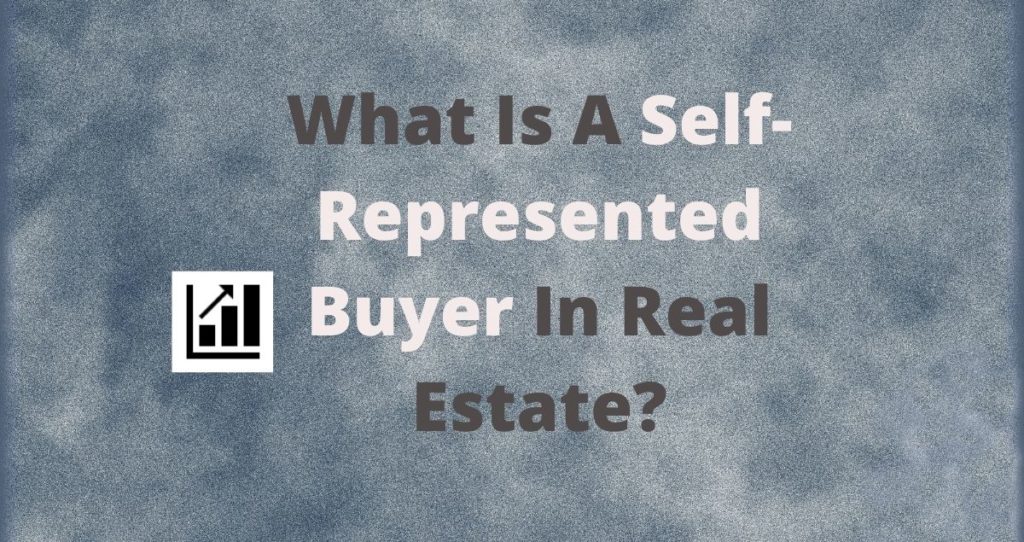What is a self-represented buyer?
A self-represented buyer is a buyer of a property who is not being represented by a real estate agent. The process of buying a house and other properties can be very difficult for some buyers. This due to a lot of steps, paperwork, and legal steps to be taken by all parties involved in the transaction. For this reason, many homebuyers use real estate agents and real estate attorneys to represent them.
On the other hand, there are buyers who choose not to use real estate agents or attornies during the purchase of properties. Without a buyer’s agent, there is only one agent (seller’s agent) who oversees the whole process.
The agent in this matter ends up being like a dual agent since he/she represents both the buyer and seller of the property. That is even if the agent is primarily representing the seller of the property, he/she must also work in the best interests of the buyer. Some states have rules that govern dual agency and the sale can move forward only when both the buyer and seller agree on using a dual agency.
>>MORE: How To Buy A House Step By Step?
Benefits of being a self-represented buyer
There are many benefits that come with representing yourself in the sale of a property. The following are some of these benefits.
- The process could go much faster: Since there is only one agent, it could be easy for the agent to put together all the required documents and have them signed in a very short time.
- The commission can be negotiated: During real estate transactions, the commission is divided between the buyer’s agent and seller’s agent. When the buyer is self-represented, it leaves only the seller agent who pockets all commission. For this reason, it is easy to negotiate the commission.
- The seller agent could have extra knowledge about the property: Sometimes, seller’s agents have more knowledge about the property since they are the ones who put it on the market. This could be good news for the buyer as he/she will get to know every little detail about the house.
>>MORE: How Much Does It Cost To Buy A House?
Setbacks of self-represented buyer
- The buyer must trust the seller’s agent: Without an agent of their own, buyers must trust seller’s agents. This could lead to ethical problems for some agents.
- Could be hard on the agent: The job of the seller’s agent is to make sure that the seller sells the house at the best price possible based on the market condition. At the same time, a buyer’s agent’s job is to make sure that the buyer buys a house that matches their requirements at the best price possible. Balancing the seller’s and buyer’s requirements at the same time is always difficult. The agent must also disclose issues related to the property he/she is selling. Too much disclosure can push buyers away. At the same time, less disclosure can lead to legal issues.
- Mortgage approval could take longer: When you buy a house using a real estate agent, the lender will know that the offer will be close to reality. This is because agents have knowledge of the market, are experienced, and do a comparative market analysis to estimate the value of the property. When you are a self-represented buyer, your lender could do a little extra homework to make sure that the offer you submitted matches the market value of the property.









